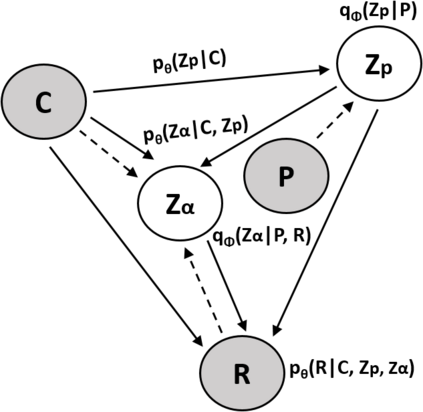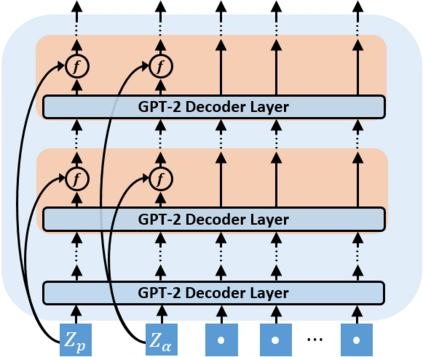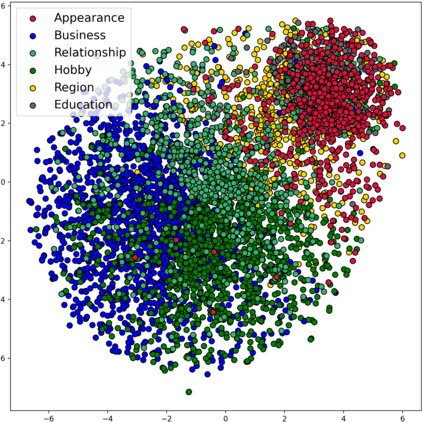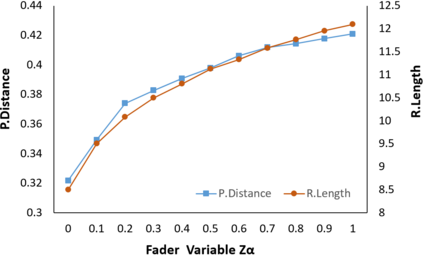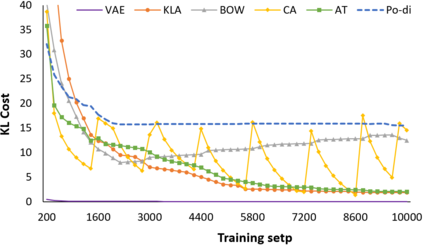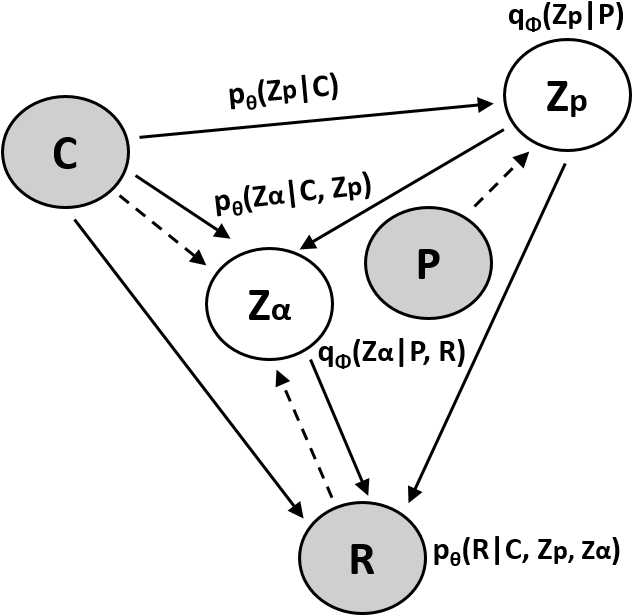Current works in the generation of personalized dialogue primarily contribute to the agent avoiding contradictory persona and driving the response more informative. However, we found that the generated responses from these models are mostly self-centered with little care for the other party since they ignore the user's persona. Moreover, we consider high-quality transmission is essentially built based on apprehending the persona of the other party. Motivated by this, we propose a novel personalized dialogue generator by detecting implicit user persona. Because it's difficult to collect a large number of personas for each user, we attempt to model the user's potential persona and its representation from the dialogue absence of any external information. Perception variable and fader variable are conceived utilizing Conditional Variational Inference. The two latent variables simulate the process of people being aware of the other party's persona and producing the corresponding expression in conversation. Finally, Posterior-discriminated Regularization is presented to enhance the training procedure. Empirical studies demonstrate that compared with the state-of-the-art methods, ours is more concerned with the user's persona and outperforms in evaluations.
翻译:目前个人化对话的产生过程主要有助于代理人避免相互矛盾的人际关系,并促使答复信息更加丰富。然而,我们发现,这些模型所产生的反应大多是自我偏向,对另一方则很少注意,因为它们忽略了用户的人格。此外,我们认为高质量的传播基本上是基于对另一方人的逮捕。受此驱动,我们提出一个新的个性化对话生成器,通过检测隐性用户来发现隐性用户。由于难以为每个用户收集大量的人际关系,我们试图用任何外部信息来模拟用户的潜在人际关系及其在对话中的代表性。视觉变异和变异利用条件变异的推断来设想。两种潜在变量模拟人们了解另一方人际关系的过程,并在谈话中提出相应的表达方式。最后,提出“骨质分化的定型化”是为了加强培训程序。“情感分析”研究表明,与状态方法相比,我们更关心用户的个人和外形的评价。

